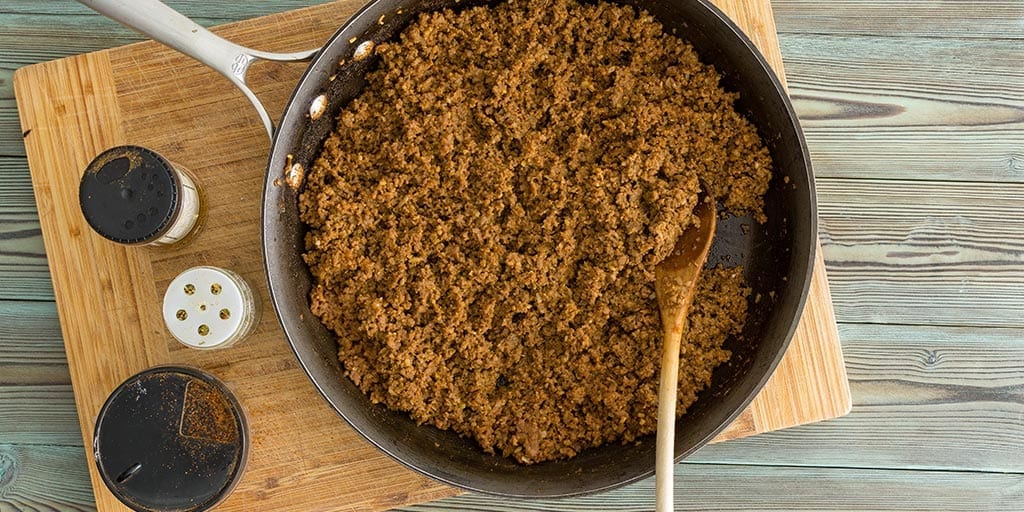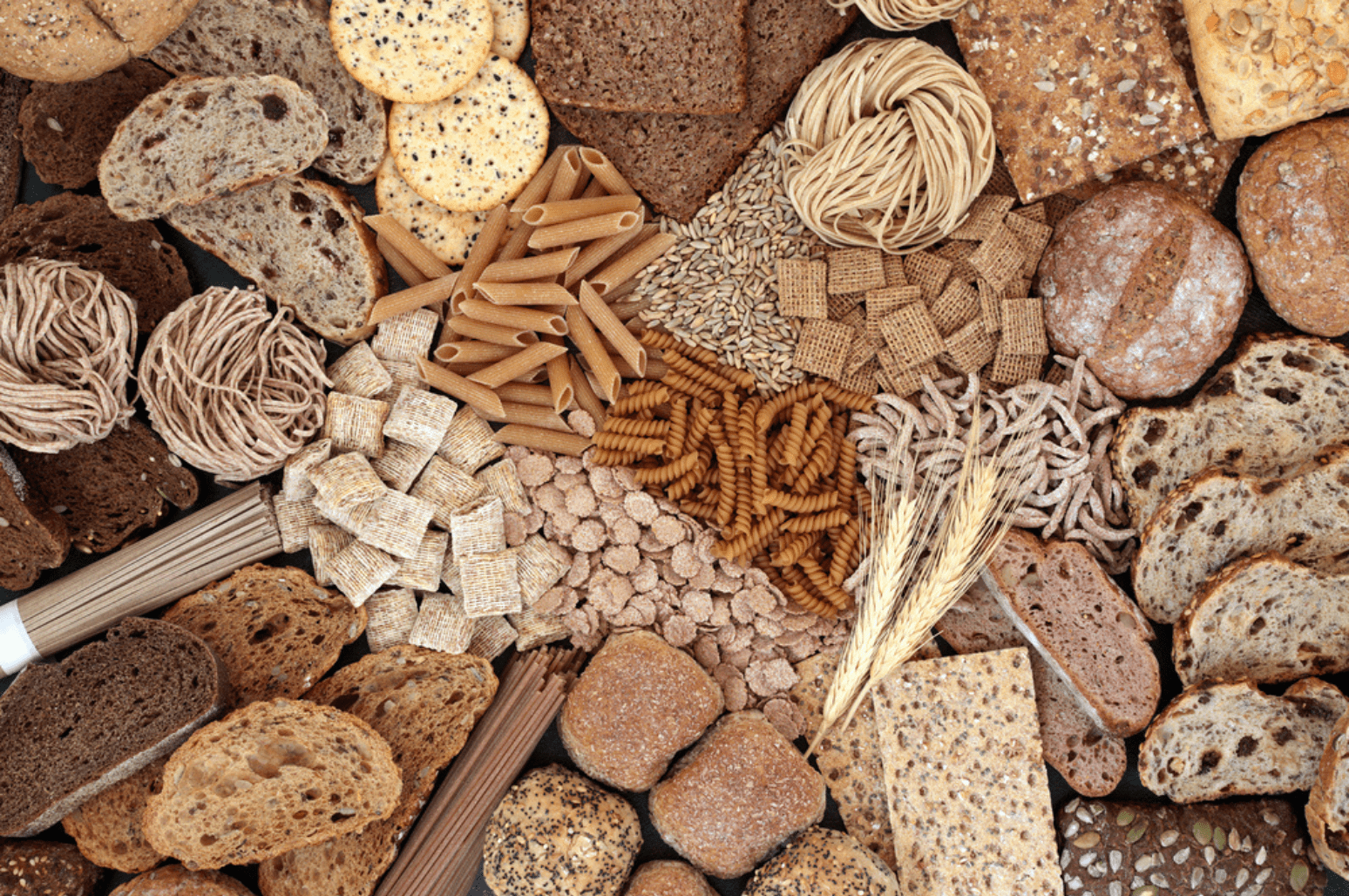
The ketogenic diet is known for being low-carb, but the carnivore diet takes low-carb to the next level. Because the carnivore diet eliminates all vegetables and fruits, the carnivore diet is practically zero carb.
Other than the elimination of all produce, the carnivore and keto diets are similar, but should you trade your traditional keto menu for a carnivore keto menu? Let’s explore the common carnivore pitfalls and how to avoid them.
Carnivore Keto: What Is It and Why You Should Try It
While the traditional keto diet is low carb (approximately 20-50 grams of carbs), the carnivore keto is zero carb. Carnivore keto is composed of 100% animal products. While this sounds like steak is potentially on the menu for breakfast, lunch, and dinner, that’s not the case. The carnivore diet includes much more than just red meat. Carnivore keto includes:
- Meat options such as lamb, chicken, beef, pork, and duck
- Fish and shellfish such as salmon and shrimp
- Eggs
- High-fat dairy products
- High-quality animal fats such as butter, lard, and tallow
What’s not on carnivore keto? Keto permits above-ground vegetables and some berries, but none of these are permitted on carnivore keto. Because carnivore keto is a zero-carb diet, it can be tempting for individuals who struggle to lose weight. Inspired by the Inuits, who rely heavily on animal products, the carnivore diet seems like a more intense version of keto, but it’s not without pitfalls.

Pitfall Number 1: You’re Too Full
If you’ve ever tried to lose weight, you probably already know that protein helps you feel full – which means less snacking. [1] If you’re on the carnivore diet, you’re getting a lot of protein, and your cravings are likely diminished. Even when you’re trying to lose weight, you still need to eat enough calories to prevent your body from going into starvation mode.
You can avoid undereating by counting your calories. If you find that you’re not getting enough calories (simply because you’re only eating when you’re hungry), try adding some high-quality animal fat to your meal to boost caloric intake.
Pitfall Number 2: Salt Overload
While your body needs salt, too much salt isn’t good either. Excess salt intake can increase blood pressure and negatively impact your heart. [2]Processed meats – such as ham or bacon — contain a lot of sodium. One slice of baked bacon contains 178 mg of salt, and one cup of lean, roasted ham contains 1,684 mg of salt.
Solution: monitor sodium intake. Even if you’re not on the carnivore diet, it’s important to check your sodium intake to make sure you’re neither depleting your electrolytes nor overdoing the salt either. Moderation is important, especially when it comes to salt. Reduce the risk of salt overload by limiting your consumption of high-salt meats. (Plus, cured meats aren’t good for your colon.)
Pitfall Number 3: You’re Developing Nutritional Deficiencies
One of the biggest pitfalls of carnivore keto is that you’re not getting enough vitamins and minerals. Studies found that some diet plans, including carnivore diets, can increase the risk of birth defects, cancer, cardiovascular disease, and osteoporosis because the 27 necessary micronutrients are not consumed in the suggested amounts. [3]
The same study found that carnivore diets were most lacking in:
- Fiber (which can lead to constipation and affect your GI system negatively) [4]
- Vitamin B7, D, E
- Chromium
- Iodine
- Molybdenum
Because nutritional deficiencies can cause serious health consequences, it’s important to avoid nutritional deficiencies at all costs. Supplements, including multivitamins, may be a good way to address the lack of micronutrients in a carnivore diet.
Pitfall Number 4: Carnivore Keto May Affect Your Underlying Health Conditions
Carnivore keto may be a problem if you have certain underlying health conditions. For example, some people need to limit protein, and carnivore keto is a protein powerhouse. Chronic kidney disease may require you to reduce protein intake, which is nearly impossible on the carnivore diet. [5]
Others who may need more nutrients than what the carnivore diet can offer? Pregnant and lactating women.
To avoid this dilemma, talk to your doctor to find the right type of keto for your specific needs. Just because something is trending doesn’t mean it’s right for you. Need a keto-friendly doctor? Try our doctor finder to locate a provider near you.
Pitfall Number 5: Your Budget Is Taking a Hit
An all-meat diet can be pricey, especially if you’ve got your eye on ribeye. Depending on where you shop and if you’re buying organic meat, ribeye can cost $14.99 per pound – or more!
The good news is that there are many ways around this obstacle. If you’re committed to carnivore keto and sticking to a budget, keep these tips in mind:
- Consider cheaper cuts of meat including chicken or pork. A generic whole roasting chicken costs about $1-2 per pound.
- Buy in bulk. Purchase a few pounds of meat to get the bulk discount, then freeze portions.
- Check your local butcher for deals each week. Most butchers have a weekly deal on a specific cut of meat.
Tip: Be mindful and weigh the balance of quality with cost.
The Verdict on Carnivore Keto?
While meat is nutritious and supplies a healthy serving of protein, a carnivore diet may be too restricting while simultaneously leading to overconsumption of some nutrients (like sodium) and not enough of other nutrients (like fiber). If you’re struggling to lose weight on keto, try finding hidden carbs in your diet and eliminate those – rather than eliminating all carbs altogether.
References
Paddon-Jones, Douglas, et al. “Protein, Weight Management, and Satiety.” The American Journal of Clinical Nutrition, U.S. National Library of Medicine, May 2008.
Cappuccio, Francesco P. “Cardiovascular and Other Effects of Salt Consumption.” Kidney International Supplements, Nature Publishing Group, Dec. 2013/.
Calton, Jayson B.“Prevalence of Micronutrient Deficiency in Popular Diet Plans.” Journal of the International Society of Sports Nutrition, BioMed Central, 10 June 2010/.
Erdogan, A, et al. “Randomised Clinical Trial: Mixed Soluble/Insoluble Fibre vs. Psyllium for Chronic Constipation.” Alimentary Pharmacology & Therapeutics, U.S. National Library of Medicine, July 2016.
Ko, Gang Jee, et al. “Dietary Protein Intake and Chronic Kidney Disease.” Current Opinion in Clinical Nutrition and Metabolic Care, U.S. National Library of Medicine, Jan. 2017.








